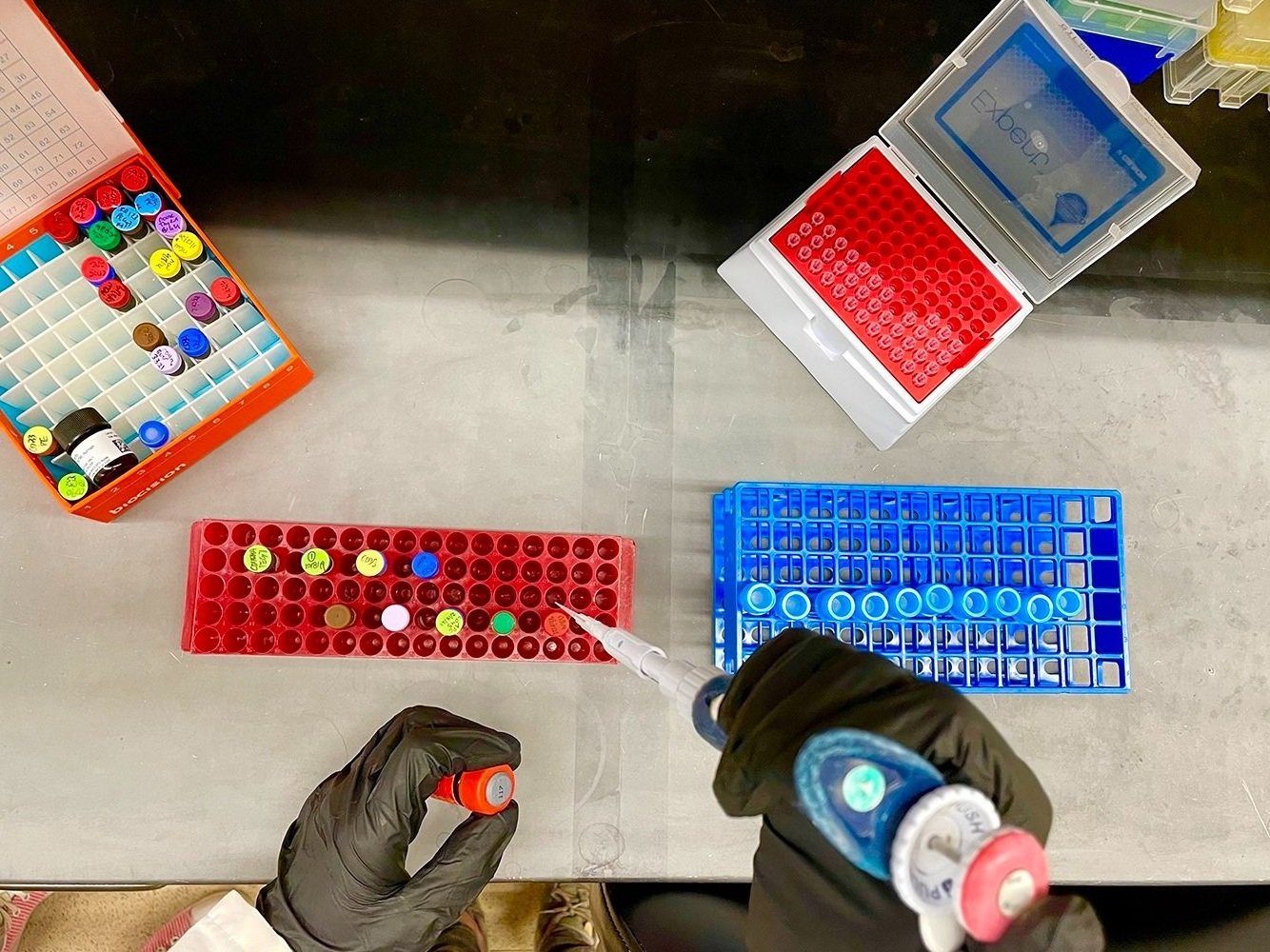
Sankaran Lab Research
Using human genetics to study hematopoiesis
The Sankaran Laboratory uses human genetics to study hematopoiesis and how this process goes awry in human disease. We are particularly interested in gaining molecular insights into how hematopoietic stem and progenitor cells are able to effectively produce mature blood and immune cells. Related to this overarching goal are many specific questions:
How does hematopoiesis get perturbed in disease?
How are the hemoglobin genes — including fetal hemoglobin — regulated?
How does hematopoiesis vary in humans, and why are some individuals predisposed to acquiring blood disorders?
We are also interested in identifying opportunities to use the insights we gain from our studies to develop improved therapies for a variety of blood disorders, including sickle cell disease, thalassemia, Diamond-Blackfan anemia, aplastic anemia, myelodysplastic syndromes, myeloproliferative disorders, leukemia and polycythemia.
We integrate modern human genetic studies with functional studies, employing a variety of innovative genomic technologies and more traditional hematopoietic assays. Additionally, we develop genomic tools, including cellular barcoding approaches and single-cell technologies, to enable higher-resolution studies of human hematopoiesis in health and disease.
